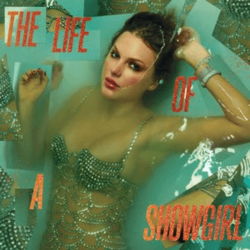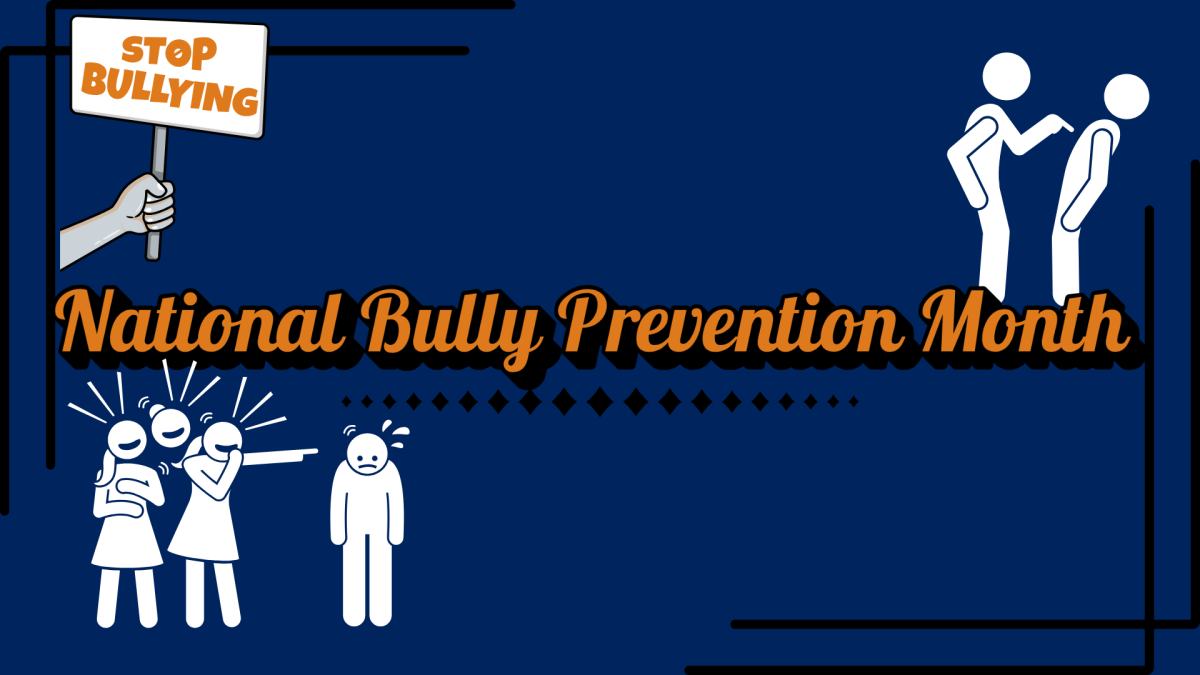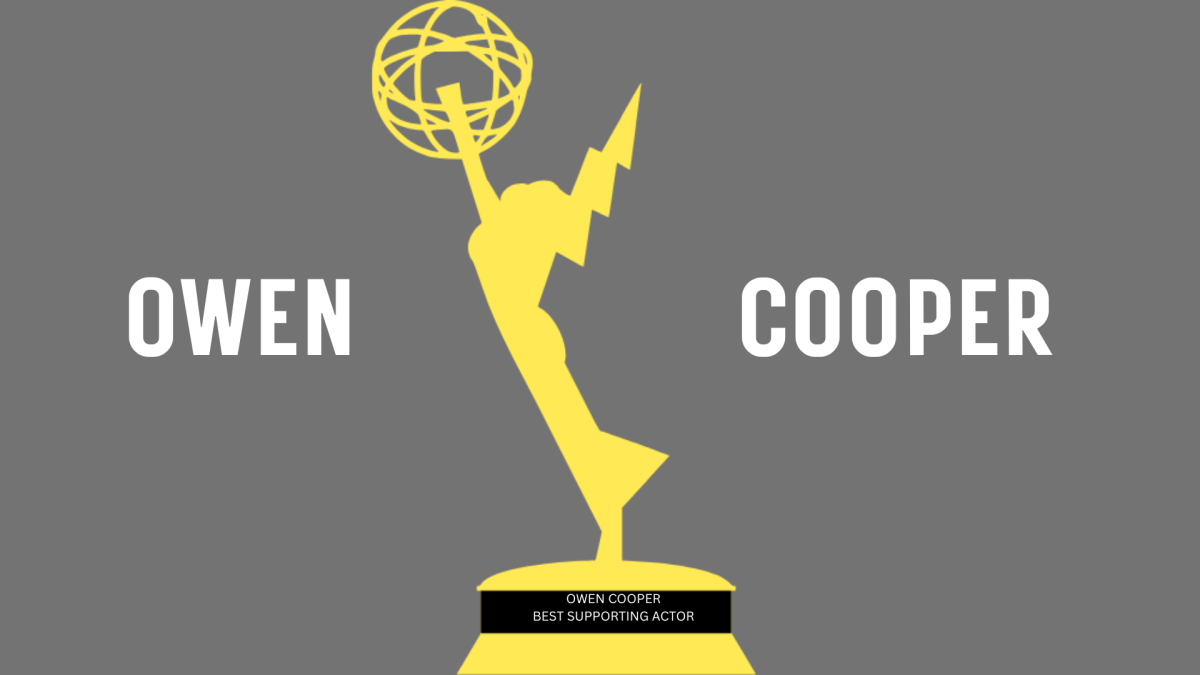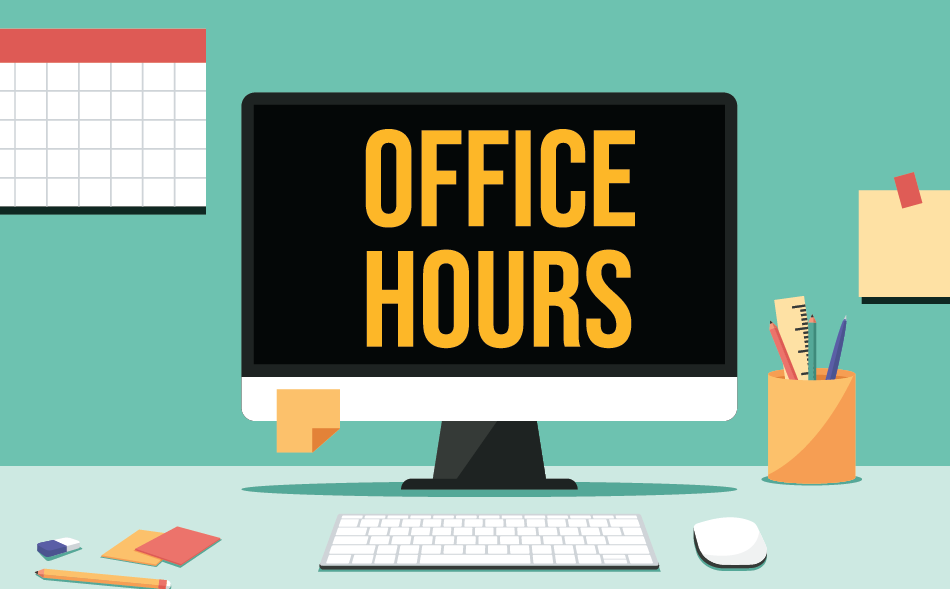TikTok, just as any other social media platform, has many negative and positive impacts to it. Both negative and positive impacts are shown even with just the music aspect of it. Music streaming apps such as Spotify and Apple Music already give people such wide access to music than ever before. With TikTok, the circulation of music coming into the spotlight and becoming known is at an all-time high.
The TikTok algorithm really helps artist share their music. Underground artists and well-known ones both benefit from this ability to easily promote their work. TikTok also helps people discover music easier than ever. It’s also an easy way to share your music taste and meet people who enjoy similar music to you. Record labels have definitely noticed this quick way to grab people’s attention. A lot of labels have begun making the artists that are signed under them promote their music through TikTok. This strategy works for many artists to promote but on the other end, it doesn’t work for just as many. Even if the artist doesn’t enjoy this promotion method or they feel it just doesn’t work for them they don’t usually have a choice because of their labels.
Syrena Kumar shares her feelings toward music and TikTok, “Honestly I love using apps like TikTok for discovering music, I’ve found so many good songs from artists I most likely wouldn’t have known about without the app.” Kumar states.
Samuel Rivera has a different opinion on it, “One of my biggest problems with TikTok is the music that comes with it, it’s just the same songs on repeat over and over again, and people never really get into the artist. [They] just claim to be fans after only knowing the songs that have gone viral,” Rivera shares.
Along with the positives, there are some negatives that come with this. Artists have such a desire to have their music blow up on TikTok. This desire has led to the way that music is usually written to change. Artists have been seen to now be writing and making songs that seem to have the sole purpose of blowing up on TikTok. This trend of making “TikTok Music” leads to music with less quality. Making music with just a few catchy lines or a catchy hook to catch the attention of those scrolling.
Most of the time this music has little to no actual meaning to it. And artists are just producing low-quality work to have their sound go viral on the app. This also causes a lot of the music to sound very similar. Artists on the app use what seems to be blowing up the most and use it as an outline for what they create. But also with similar-sounding music clips constantly going viral, it puts smaller artists at a disadvantage. Unique artists sometimes have a harder time getting people to view their clips and don’t always go viral when not producing catchy pop lines. Using this as a quick cash grab instead of making quality music that truly connects with them and others.
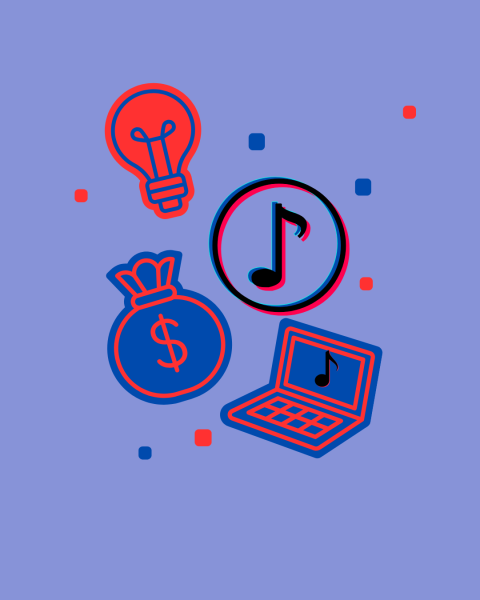
Another side to TikTok music is people get tired of it very quickly. People love to hop on trends especially on apps like TikTok hoping to get their “15 minutes of fame,” and these trendy sounds get people’s attention with little to no effort. So a lot of people participate in the trends revolving around these audios. You could imagine how tiring it can be when you are hearing the same sound clip repeatedly throughout your day. Have you ever heard a song that you feel you could never get sick of? Well, most of the time that is not the case with the songs trendy online. The average shelf life of a TikTok trend or song trendy audio is only around a month.
At the end of the day, TikTok has undeniably changed the music industry. While it does provide an easy way for artists to promote their work, it’s clear many abuse this ability choosing popularity and going viral over quality. As TikTok continues to shape the industry it’s important for artists to find the balance between making a quick cash grab and making quality music. Whether this change is more negative or positive is ultimately up to artists and their listeners.






